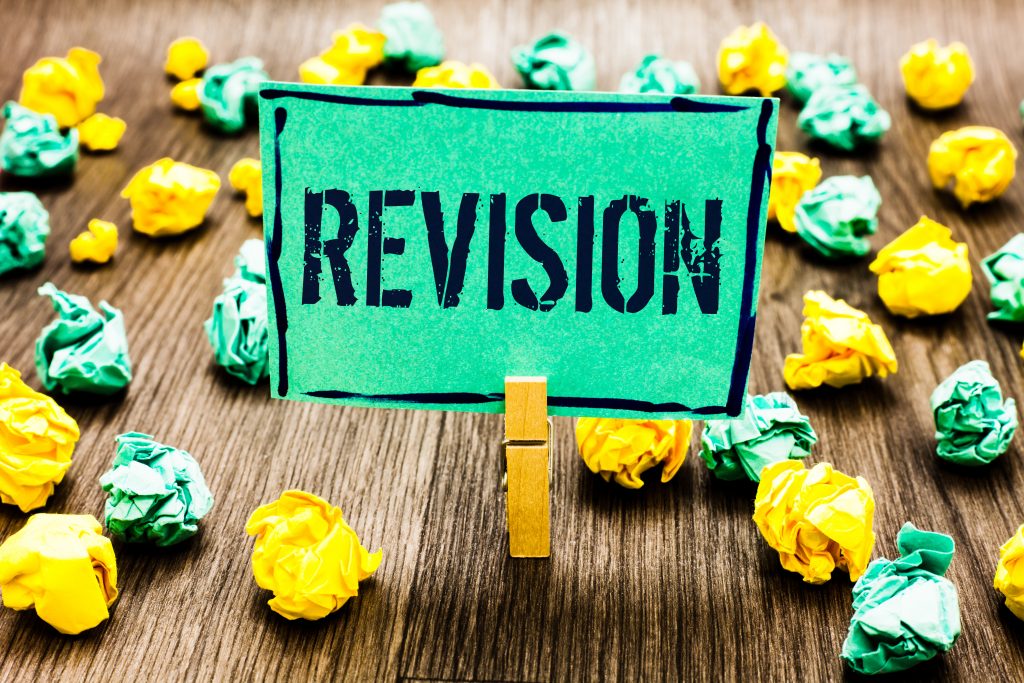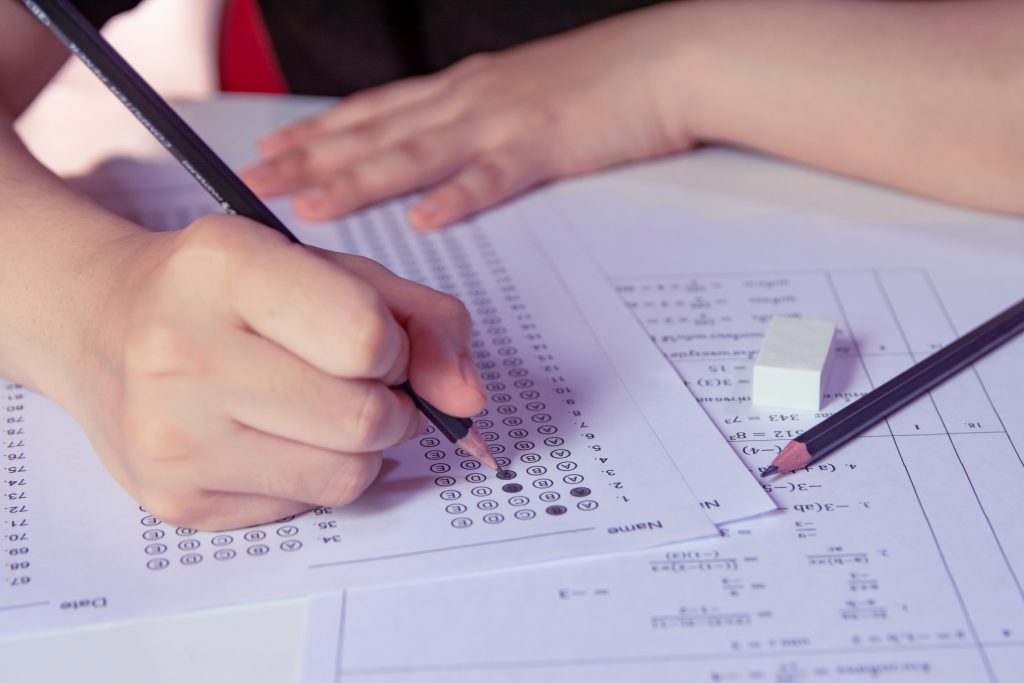Now school has (mostly) returned more and more of our students report that they will be doing tests or mocks this term. These will be important as they will give teachers an understanding of pupils’ current levels after months of education disruption. I would say they are also important to help students get back into the habit of serious study. As a parent you can help them to revise for tests and mocks by encouraging them to use the following techniques.
When your teenager revises for exams, the most important thing to remember is to use active revision techniques. If they try simply to read over the material and remember it, you will find that very little of the information goes into their memory. What you need to do is find ways to help them revise actively or, to put it another way, do something active that helps the information go into their long-term memory. Encourage them to try these 5 revision techniques that have been proven to work.
Free guide 7 websites to help your child get good grades

Study Tips to Help you Revise – Advice for Students
Revise by underlining or highlighting notes
Grab a set of highlighters or coloured pens and when you read over your notes, underline or highlight the key points. You don’t need everything, choose the most important points in your notes and colour them bright. This not only helps you to decide which are the key points you’ll need to remember for the exam, but the act of highlighting them helps to fix the points in your memory.
Make sets of flash cards to revise
Use the key points you have identified and highlighted in your notes to make your own revision aids. This is a very effective way to revise. Buy a set of simple record cards and write out the key points for each subject. Try not to fill up more than one side of each card – you need to keep it simple. Use bullet points! You will also need to adapt the information for each subject. For example, if you are doing history you will needs cards for each important person, each key event (including the date), the key themes or concepts, and the key points for the topics you have studied. You could then arrange your events cards into a timeline to give you an overview of the course. If you are doing English Literature you could make a card for each character, each theme, a plot outline, literary devices and the main points for every poem in your anthology. Design your own cards to suit your subject.
Starting the school year with A* study skills
Repetition is important
Once you have your flash cards, don’t put them away; keep them out and carry groups of them around with you so you can run through them several times a day. Get into the habit of memorising one or two of them whenever you have a spare moment or ask someone to test you. Waiting for the bus? Go through some cards. Free period between lessons? Ask a friend to test you. When you get home from school – run through a group of cards and ask a parent to test you. Keep using them. Repetition is important.
Study Tips from Top Tutor Jessica
Use practice exam questions to revise
Use the information on the flash cards to help you revise with practice exam questions. Go through specimen or past papers and practice writing exam answers, using the flash cards to help you when you need it. Gaps in your information? Write a new flash card. Can’t remember the information you need to answer a question? Use the flash card as a prompt and then memorise the information. If you have a tutor, ask them to mark practice questions for you and point out any gaps in your knowledge.
Online tutoring: 5 reasons it works well for students
Revise by writing timed practice questions
A few days before your exam, start writing timed practice questions. If possible, write a complete exam under timed conditions. Again, if you have a tutor, ask if they will check it for you. By this point you should know your information and exam technique, but a timed exam paper will tell you if you need to work on your timings. Do you have plenty of time left over? You are probably missing something – go back over your notes and think about what else you should cover in your answer. Too little time? This is your chance to revise your technique and trim your answers. Remember, however, that you may write faster in the real exam when you have adrenaline spurring you on.
Using these 5 techniques should give you a good foundation for your revision. Good luck!
Are you looking for a professional private tutor to help your child with exams and tests?
You can contact a tutor here
Or contact our friendly and knowledgeable office team to get a bespoke tutor match



